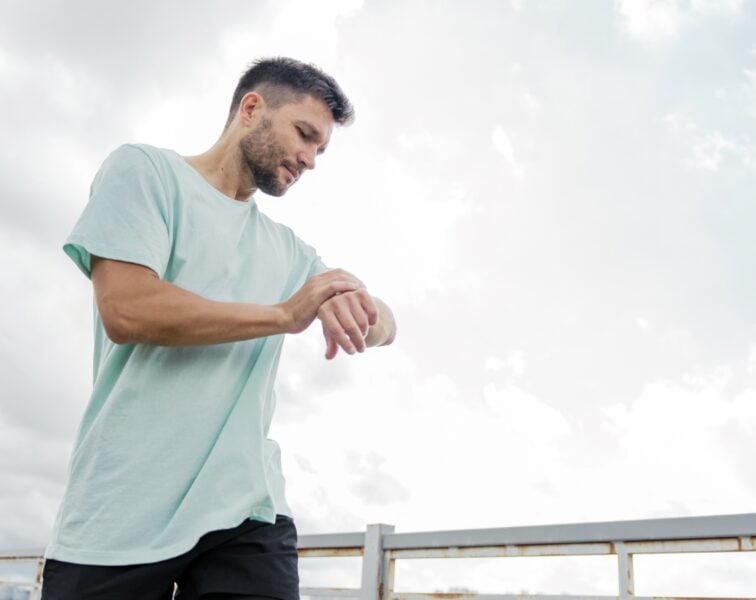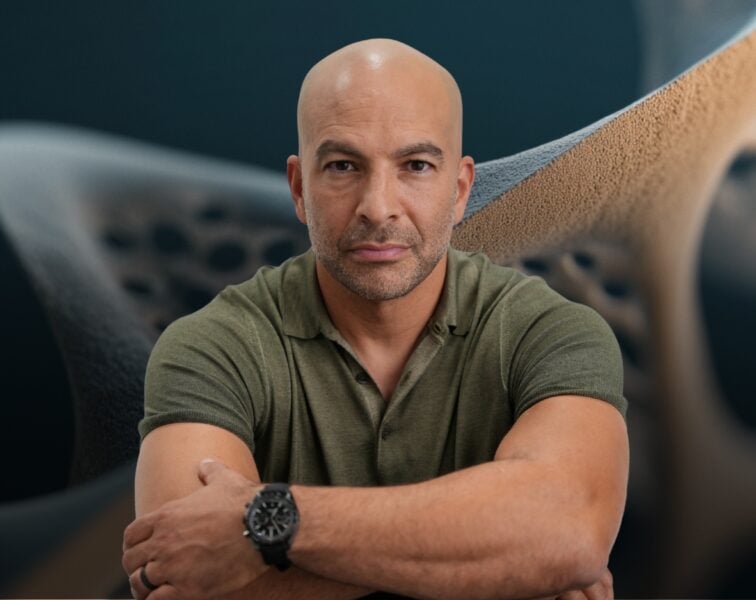In this “Ask Me Anything” (AMA) episode, Peter answers a wide range of questions from subscribers. Bob Kaplan, Peter’s head of research, asks the questions. If you’re not a subscriber and listening on a podcast player, you’ll only be able to hear a preview of the AMA. If you’re a subscriber, you can now listen to this full episode on your private RSS feed. You can also watch (or listen) to this full episode on our website at the AMA #7 show notes page. If you are not a subscriber, you can learn more about the subscriber benefits here.
AMA #7 Sneak Peak:

We discuss:
- What can I do to prevent/reduce interruptions in sleep due to needing to get up to urinate at night? [2:15];
- Peter’s note card system for organizing his to-do lists [6:15];
- How do I get smarter at reading/understanding the studies (or the media’s interpretation of them) that get the headlines on health and/or disease? [10:30];
- How can I obtain a continuous glucose monitor (CGM) as a non-diabetic individual? [11:55];
- What is the most effective way to bring blood pressure down? [15:00];
- Does Peter use any nootropics? [28:10];
- Peter’s thoughts pertaining to concussions and head trauma [33:00];
- Does Peter structure his exercise plan for lifespan or healthspan? [36:45];
- How did Peter rebuild his lower back strength after his devastating injury during med school? [38:15];
- Peter’s approach to deadlifting with a bad lower back [43:25];
- Did Peter cave and buy a dog? [51:50]; and
- More.
Get Peter’s expertise in your inbox 100% free.
Sign up to receive An Introductory Guide to Longevity by Peter Attia, weekly longevity-focused articles, and new podcast announcements.
What can I do to prevent/reduce interruptions in sleep due to needing to get up to urinate at night? [2:15]
Step 1: Don’t drink water too close to bed (captain obvious)
Step 2: Avoid alcohol
- Alcohol inhibits a hormone called ADH, antidiuretic hormone, also known as vasopressin
- Alcohol disproportionately will drive you to want to pee
If you’ve taken those first two steps and you’re still having trouble, you may want to contact your doctor and
- Investigate prostate size (men); and/or
- Measure a “post void residual” for urinary retention (men and women)
Peter’s note card system for organizing his to-do lists [6:15]
- Peter carries note cards in a pouch made by Levenger
- He uses 3” by 5” cards
The system
- First card (green or white)=daily to do list
{end of show notes preview}
Would you like access to extensive show notes and references for this podcast (and more)?
Check out this post to see an example of what the substantial show notes look like. Become a member today to get access.



